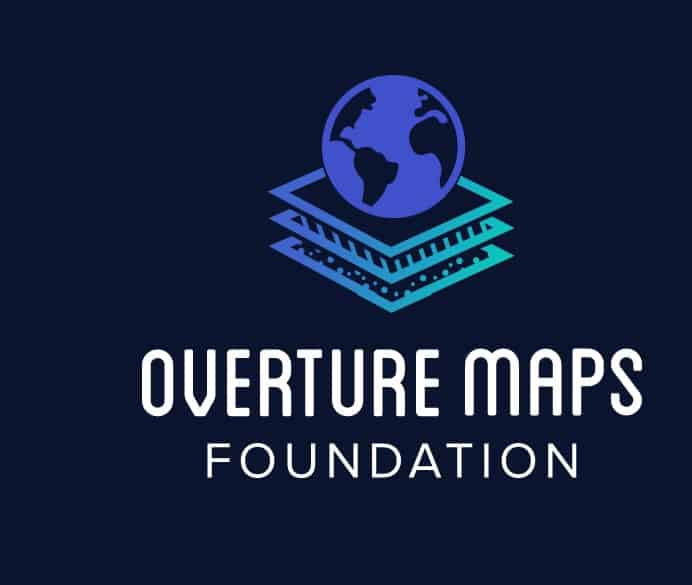
Overture’s mission is to enable current and next-generation map products by creating reliable, easy-to-use, and interoperable open map data. This interoperable map is the basis for extensibility, enabling companies to contribute their own data. Members will combine resources to build map data that is complete, accurate, and refreshed as the physical world changes. Map data will be open and extensible by all under an open data license. This will drive innovation by enabling a network of communities that create services on top of Overture data.
“Mapping the physical environment and every community in the world, even as they grow and change, is a massively complex challenge that no one organization can manage. Industry needs to come together to do this for the benefit of all,” said Jim Zemlin, executive director for the Linux Foundation. “We are excited to facilitate this open collaboration among leading technology companies to develop high quality, open map data that will enable untold innovations for the benefit of people, companies, and communities.”
Map data today underlie thousands of applications for local search and discovery, routing and navigation, logistics, mobility, autonomous driving, and data visualization. In the future, map services will power augmented reality applications merging the digital and physical worlds to deliver rich social, gaming, education, and productivity experiences.
Overture, along with other contributors, aim to deliver:
- Collaborative Map Building: Overture aims to incorporate data from multiple sources including Overture Members, civic organizations, and open data sources.
- Global Entity Reference System: Overture will simplify interoperability with a system that links entities from different data sets to the same real-world entities.
- Quality Assurance Processes: Overture data will undergo validation to detect map errors, breakage, and vandalism to help ensure that map data can be used in production systems.
- Structured Data Schema: Overture will define and drive adoption of a common, structured, and documented data schema to create an easy-to-use ecosystem of map data.
Today, developers delivering map services face many challenges. Sourcing and curating high-quality, current, and comprehensive data from disparate sources are difficult and expensive. Multiple datasets reference the same real-world entities using their own conventions and vocabulary, which can make them difficult to combine. Map data is vulnerable to errors and inconsistencies. Open map data can also lack the structure needed to easily build commercial map products and services on top.
The contributions to Overture Maps Foundation will address many of these concerns and complement existing open geospatial data to support best-in-class map services. The open base map data will support an entity reference system and allow additional data sets to be more easily combined to support richer map experiences.
The availability of open map data empowers developers and map creators to build new compelling applications. The project will seek to integrate with existing open map data from projects such as OpenStreetMap and city planning departments, along with new map data contributed by members and built using computer vision and AI/ML techniques to create a living digital record of the physical world.
While Overture has been founded by AWS, Meta, Microsoft and TomTom, the goal is to expand membership and contributors to include a wide range of signals and data inputs to improve map data. By joining, members accelerate progress and influence prioritization and decisions around investments, technical innovation, and timing.
Overture expects to release its first datasets in the first half of 2023. Initially, this release will include basic layers including buildings, road, and administrative information. To support next-generation map products, Overture will steadily improve the coverage, resolution and accuracy of existing data, as well as introduce new layers such as places, routing or 3D building data.